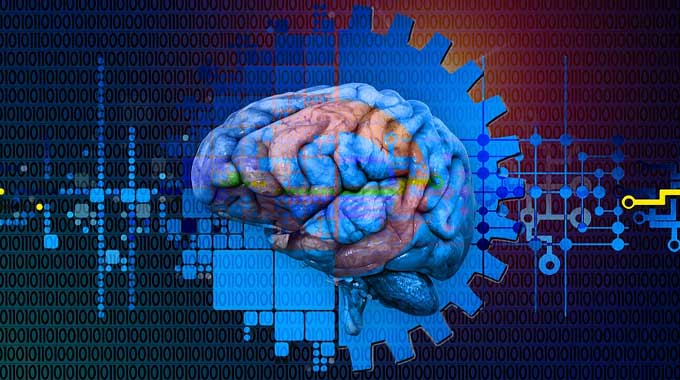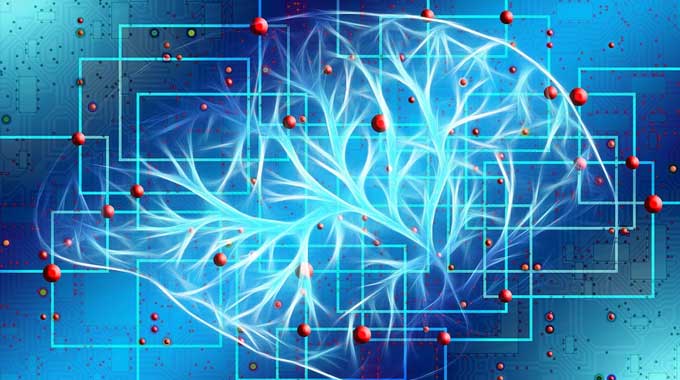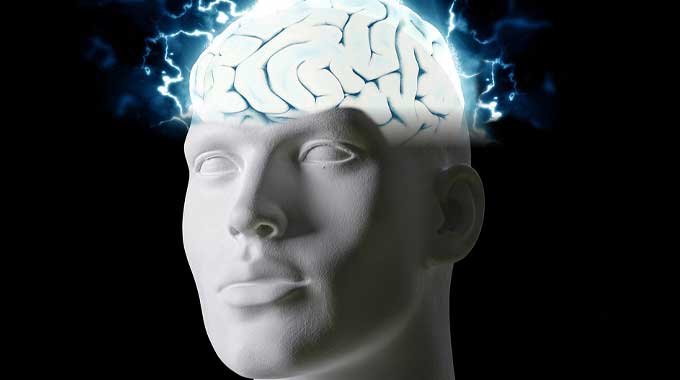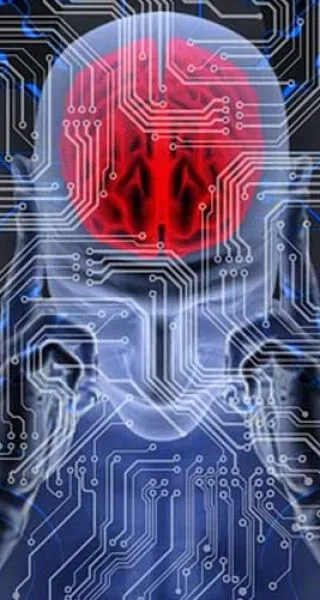Treatment for mental health disorders usually comes with unpleasant side effects, while some treatments are not effective either. It is only natural for someone to wonder about the validity of TMS therapy before beginning treatment, but understanding the nature of TMS may answer the question of whether it can make depression symptoms or anxiety worse.
What Is Transcranial Magnetic Stimulation (TMS)?
Transcranial magnetic stimulation (TMS) is a non-invasive treatment alternative to electroconvulsive therapy that has been used as one of the mental health treatments for decades. Usually performed in TMS sessions of less than thirty minutes, it is especially effective for treating medication-resistant depression, while also used to treat a variety of other mental health disorders.
Even though there are effective treatments in place for severe depression and generalized anxiety disorder, these first-line options are not successful for everyone. TMS is commonly used when patients do not respond to typical treatments, such as antidepressants, and has helped to improve symptoms of depression and anxiety.
How TMS Works

TMS treatment works by repetitive magnetic pulses and thus is often called repetitive transcranial magnetic stimulation (rTMS).
Clients are awake during a TMS session and can return to their daily lives immediately after. A treatment professional places a magnetic coil around a person’s head, which sends magnetic pulses through the skull in a non-invasive, painless manner. The pulses reach neurons and stimulate brain activity in the dorsolateral prefrontal cortex (DLPFC). By regulating an imbalance in activity in the prefrontal cortex, TMS therapy is used to treat depression and anxiety and relieve symptoms associated with mental health disorders.
Stimulated neurons form new pathways for communication with other parts of the brain, disrupting any patterns that may have contributed to depression or anxiety symptoms.
“TMS Made Me Worse” – Can TMS Really Make You Worse?

While few people may have had a negative experience with TMS treatment, clinical studies indicate very high chances that TMS works for most people.
Indeed, the treatment may not work for absolutely everyone, but when a patient is accurately diagnosed and treatment is done properly, TMS is very effective in treating anxiety, depression, obsessive-compulsive disorder, and post-traumatic stress disorder.
For example, someone could say ‘TMS ruined my life” if they have metal implants or a medical implant containing metal in or around their head or neck. They run a high risk and are usually ineligible for treatment, and this should be detected upon diagnosis. Devices such as aneurysm clips or cochlear implants, or shrapnel and bullet fragments, may interact with the magnetic fields and therefore means a person can not undergo TMS. With proper diagnosis from experienced healthcare professionals, these risks are detected and avoided before treatment begins.
The most common reason for those who say ‘TMS made me worse’ is that some patients experience a TMS dip. The dip occurs about halfway through treatment and is when someone experiences a temporary worsening of depression or anxiety symptoms as the brain cells adjust to new changes. The magnetic pulses that stimulate neurons in the brain interrupt regular activity, a disruption that can increase a person’s energy or worsen symptoms. The important factor is that this is momentary, and relief from the brief symptoms soon comes about. It is very much like starting antidepressants, whereby patients may experience initial side effects as the body needs time to adjust to the new medication until it can take full effect.
Someone may also say that TMS ‘made them worse’ due to misdiagnosis, such as when someone with bipolar disorder is diagnosed with depression. Someone with bipolar disorder could experience a worsening in their symptoms, or someone with panic disorder may experience that TMS makes their anxiety worse.
At GIA Chicago, a professional psychiatric evaluation ensures that diagnoses are accurate. Experts perform medical examinations, which include mental and physical examinations, in order to assess emotional, psychological, and behavioral health. Examinations also consider personal, family, and medical histories, taking a holistic approach to a person’s circumstances and needs. In this way, all aspects of a condition are taken into consideration before designing an inclusive treatment program.
TMS Is Proven To Be Safe And Effective In Treating Depression Symptoms

TMS treatments have been proven safe and very effective in treating major depression. It is an FDA-approved treatment and comes with several advantages.
Depression has been linked to abnormal nerve cell functioning in specific parts of the brain. The highly focused magnetic field pulses used in transcranial magnetic stimulation gentlystimulate these cells, thereby improving brain functionality, while increasing the ability of the prefrontal cortex to regulate emotions.
Usually, treatment options for mental health disorders come with side effects that can be very unpleasant or even painful. One great advantage of TMS over other treatments is the fact that it lacks any severe adverse effects. While antidepressants may come with weight gain, sexual dysfunction, fatigue, insomnia nausea, dry mouth, or gastrointestinal issues among other side effects, TMS treatment comes with little to no side effects.
In the case that those undergoing TMS experience side effects, it is most likely to be temporary discomfort during or after treatment sessions. Most patients report skin tingling or a sensation in the scalp or jaw, a mild headache, or facial twitching during treatment. Additionally, the small side effects that may occur from TMS decrease after a few sessions, whereas other depression treatments could have life-altering effects that may last. Many patients receiving TMS report not experiencing any side effects after the first week of treatment.
Cognitive side effects that come with methods like electroconvulsive therapy are also eliminated by TMS. Short-term confusion, concentration issues, and very common memory issues after ECT are not present with TMS treatment. Also unlike ECT, patients receiving TMS do not have to be sedated or take any muscle relaxants. Instead, they are awake and alert and sit comfortably in a reclining chair as they undergo therapy.
Can TMS Damage Your Brain?

There is no evidence that TMS can damage the brain, lead to brain tumors, affect concentration or cause memory loss. In fact, clinical studies suggest that TMS may enhance memory and could be used among patients with Alzheimer’s.
The magnetic fields used in TMS therapy are similar to that of an MRI scan, but with much smaller exposure. The magnetic energy used in complete TMS therapy is equivalent to a small fraction of just one brain scan with an MRI. Precaution is always taken for anyone who has a history of head injuries, has had brain surgery, or has had seizures, upon diagnosis. These patients have a small risk for seizure, but it is no larger than the risk that common oral antidepressant medications carry.
Can TMS Make Your Anxiety Symptoms Worse?
Positive and successful results of worldwide studies on TMS treatment for some anxiety disorders show no evidence that TMS makes anxiety worse. Treatment centers do not list anxiety as a side effect of TMS treatment, and may only trigger higher anxiety levels in some cases, such as administering rTMS to a patient with panic disorder.
When treating depression, TMS has shown some increased anxiety in patients, but there has been no evidence of making anxiety worse in general. Most patients receiving TMS report feeling calmer.
Another reason why someone may say that TMS made their anxiety worse is that they may require another round of treatment. Like most therapy, not completing a course of treatment is never advised, but even for those completing one set of sessions, a second set may be needed depending on the individual. The most significant improvement in anxiety is among those who have been diagnosed with comorbid anxiety, or anxious depression. In these cases, when someone has both depression and anxiety, TMS is very effective as they affect related areas of the brain.
TMS Success Rate
Out of people with treatment-resistant depression, 50% to 60% experience a successful response with TMS treatment. One-third of these people also experience that their symptoms disappear completely, meaning they have had full remission.
Other studies show that remission achieved after TMS treatment continues at the end of one year in 62.5% of patients.
TMS Treatment Center
If you or a loved one is suffering from depression or anxiety, mental health professionals at GIA Chicago can help. With us, you can rest assured that your health is in the best hands, as our team consists of world-class experts in their various fields, who have years of experience in treating mental health conditions.
After professional evaluation, we can design and develop a personalized treatment program tailored specifically to your needs. As a clinic specializing in TMS, with the most up-to-date and advanced evidence-based therapies, GIA Chicago can help you start treatment today.





